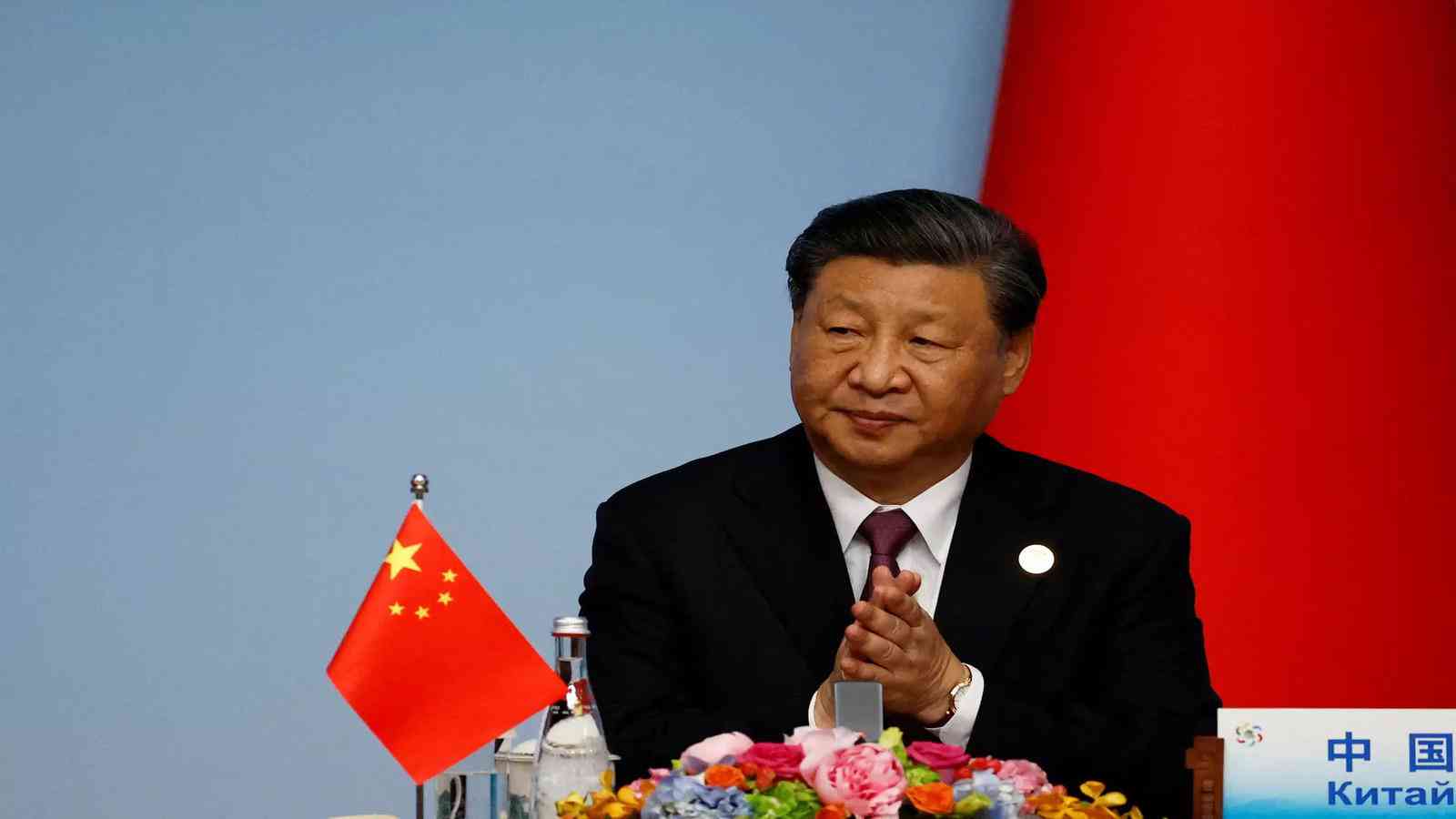
China's political engagements within South Asia have seen a significant rise in the past few years. From interfering with Sri-Lanka's democratic elections to China's political engagements within South Asia have seen a significant rise in the past few years. From interfering with Sri-Lanka's democratic elections to power brokering in Nepal's political affairs, Beijing has intensified it's quest in peddling for pro- China government within it's extended neighborhood. By using it's stronghold, China has also financed critical infrastructure projects in pro- China potical candidates' constituencies, granting such figures an edge over their opponents. Such strategies are not o ly expanding China's imperialist tendencies but is also simultaneously eroding democratic values within the South Asian region.
The Communist Party of China (CPC) in recent times has shown a proactive approach in mitigating differences within the Nepali Communist Party (NCP), thereby also attracting global concerns. The CPC have been interested in ensuring that political rivalries within the NPC does not harm its own interests in Nepal. By extending it's role as a negotiator, Beijing has been able to influence policy decisions, this also destabilizing the democratic process within Nepali politics. Moreover, reports of CPC delegates engaging with Nepali parliamentarians have also sparked concerns of Chinese lobbies that are promoting a more pro- China approach. Recently, the CPC dispatched Guo Yezhou, vice-minister in the Party's International Liason Department, which manages relationships with foreign political parties, to settle an internal tussle between two factions.
In the island country of Sri Lanka, the CPC has cultivated their relations with the Rajapaksa family by offering expensive projects, such as the Mattala Rajapaksa International Airport in southern Sri Lanka, also infamously known as the world's emptiest international airport, funded by a high interest loan from Chinese bank. However, it was the Belt and Road Initiative that actually elevated their relationship; in 2015 during the Rajapaksa electoral campaigns the Chinese side was funding campaign expenditures and gifts for Rajapaksa supporters as well. When the unsuccessful campaign came to an end, the state was charged by having to pay heavy loan repayments to Chinese banks for infrastructural projects that had been sanctioned under the estwhile president Mahindra Rajapaksa as a quid-pro-quo arrangement. Additionally, when such heavy interested loans went unpaid, the Lankans were lured in to leasing their Hambantota port to China for a 99 year loan in 2017. As indicative in the Sri Lankan experience, political engagements with Beijing have had more often than not led to detrimental consequences for the country.
Bangladesh, as a case in point too has been experiencing a similar pattern of economic coercion that leads to political influence. China for years has now been Bangladesh's primary supplier of military hardware and has had multi-billion-dollar projects ongoing in the nation making Bangladesh the nation with the highest number of infrastructure projects developed with Chinese assistance in South Asia. China is also Bangladesh and Sri Lanka's biggest trading partner in terms of goods. Not only this, the energy sector in Bangladesh too has had investments from Beijing. This however, has also led to Bangladesh seeking a $4.5 billion-dollar bailout from the IMF to secure its foreign reserves which seem to be running out expeditiously, in a startling similarity to both Pakistan and Sri Lanka. Chinese investments in this regard have proven to be detrimental for the country's political establishment
The small country of Bhutan too has faced coercive tactics from Beijing in the past few years. With the border dispute escalating between the two countries, China has attempted to influence Bhutan's political leadership in various ways including by altering the status quo in their border arrangements. By proposing a 'package deal' for settlement of the dispute Beijing has attempted to lure in a deal that could perhaps safeguard Bhutanese territories from Chinese transgression but would prove to be detrimental for New Delhi's interests.
Investments as a tool for Beijing's political incursions
Other than political engaging with the country, Beijing has also deployed a host of other measures such as advancing debt diplomacy in South Asia. Not only has Beijing provided loans and investments to South Asian countries through initiatives (BRI) but has also created situations where countries become economically dependent, and thus influence the lending country's political decision-making. This influence is also extended to investments infrastructure projects, such as ports and energy facilities, giving Beijing the economic leverage that can translate into political influence and has mostly resulted in swaying political decisions and gaining support for China's positions on international issues.
More so, given that most of the countries in the region have regular elections, Beijing's disinformation and propaganda campaigns have intended to shape public opinion in the region towards a more pro-China government. These measures have involved spreading false information, supporting specific political factions within diverse political parties and creating stringent divisions within societies. Furthermore, these methods have also included the CPC directly engaging with political parties during elections. Although these engagements officially have largely encompassed sharing knowledge on cadre management, there is little doubt in the fact that the CPC would be attempting to influence decisions by way of find allocations and other coercive means. Nepal, Bangladesh, Bhutan and Sri Lanka are some of the prominent examples that have witnessed such intrusive tactics from China. In light of such emerging challenges from Beijing, it is important South Asia countries be wary of the CPC's political advances that can prove to be detrimental to the region's democratic interests. Political parties must ensure that campaigns influencing elections through Chinese sources must be prevented at all costs especially during elections, South Asian countries must also come together to form a collective strategy preventing such coercive actions that threaten the democratic value of South Asia
- Chevrons eye memorable World Cup
- Uncertainty in Debt Restructuring from Creditors is Delaying Sri Lanka’s IMF Bailout Package; Chinese Debt under Focus
- China Acts as Impediment to Sri Lanka's IMF Deal
- Ex-Zim international Moor named in Ireland’s Test squads







